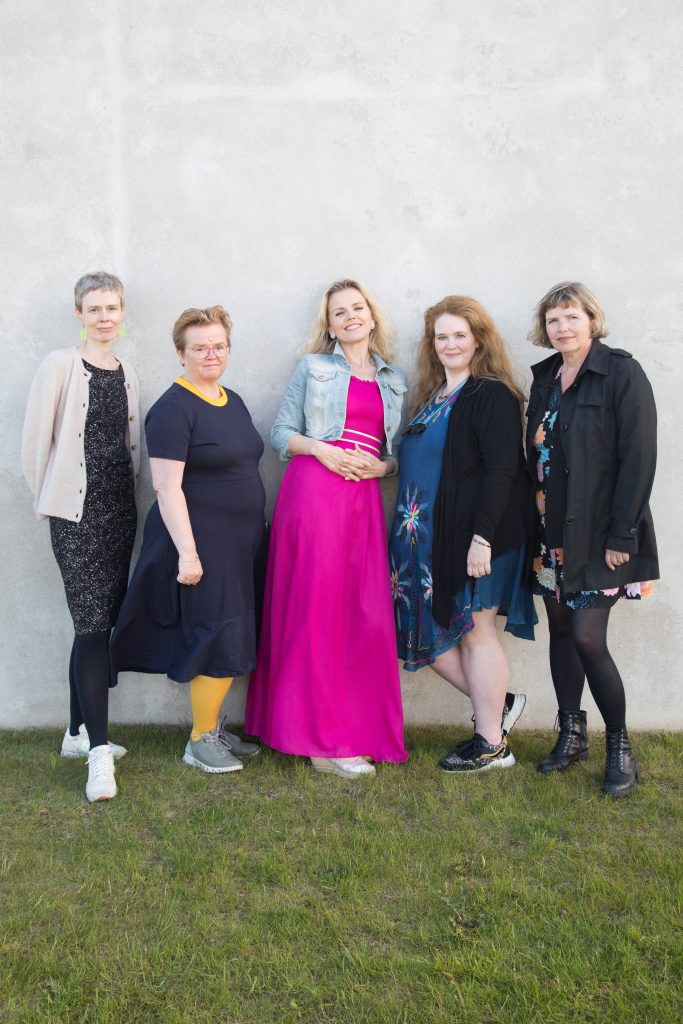Research

At no time as in ours has romantic love seemed so irreversibly captive to the scripts of culture yet at no time as in ours has the individual been so encouraged to express creatively and spontaneously his or her romantic passions. It is in this consiousness, split between the disenchanted knowledge that our lives are the pale shadows of powerful machine produced dreams and the utopia of the individual’s creative self-fulfillment that romantic love situates itself in contemporary culture.
– Eva Illouz
Romantic Love and Relationships in Icelandic Post Modernity
Romantic Love and Relationships in Icelandic Post Modernity is a funded research project led by Prof. Berglind Rós Magnúsdóttir. The first publication based on this research was published in a special issue on Love Studies in Ritið, a peer-reviewed Journal in Icelandic, published by the Centre of Research at the School of Humanities, University of Iceland. Love studies as a sociological field has not until now gained momentum in Icelandic academia.
Iceland – A Paradise of Gender Equality when it comes to Romantic Relationships?
Worldwide, Iceland is at the top of gender equality, and women are financially more independent here than in most other countries. The discourse on love is originally based on old-fashioned gender roles that have contributed to the manifestation of women‘s subordination.
As Illouz (2019) has pointed out emotional life has been neoliberalized and it has become more difficult than ever before to stay in a long-term relationship, not to mention a life-long relationship (Illouz, 2019).
How do we prepare young people in the best possible way for these different conditions?
It is necessary to better understand the changes that are taking place in romantic relationships in Iceland; this paradise of gender equality.
Dr. Anna Guðrún Jónasdóttir – The Leading Figure in the Field of Love Research
An important goal of the project is to pick up and dust off the conceptual framework of Dr. Anna Guðrún Jónasdóttir, an Iceland-born scholar living in Sweden, who developed this research field of love studies 30 years ago (Jónasdóttir, 1994, 2011).
Her great academic contribution has not gained as much attention here in Iceland as elsewhere. The focus will especially be on how the manifestation, quantity, and utilization of the love power and erotic ecstasy is determined by gender, class, and age (Cottingham, 2016; Reay, 2004).
In the 30 years that have passed since Anna Guðrún Jónasdóttir defined the concept of love power, feminist revolutions have made it possible for the career woman to maximize her abilities and avoid sacrificing herself for others (exploitation of love power). Therefore, the exploitation of love power has had multiple manifestations where the interaction of class, origin, and gender are of great importance (Gregoratto, 2017).
The sexualization of love and the emphasis on sexual and erotic capital has contributed to the reconstruction of the old gender regime (Illouz, 2019), and the emphasis on consumerism to create the “right” conditions for love, has encouraged a greater class division concerning these matters within the field of love.

